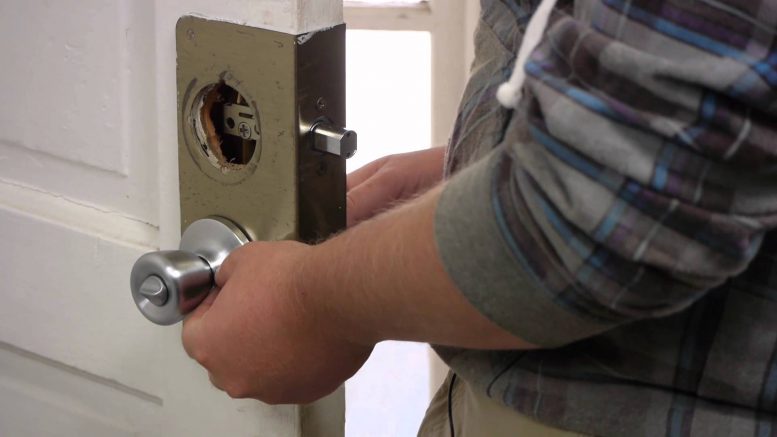As reported last week it has been said that illegal evictions by landlords are on the rise, having risen by 47% in the year March 2015 to March 2016 to 2,087. This is a disturbing figure, even more so when one considers that many illegal eviction cases will not be reported, due to ignorance of the tenant or intimidation.
However, it is hardly surprising. Costs of pursuing the legal route are expensive and protracted. Whilst the research carried out by the CAB is exact on complaints reported, they are light on the detail of why a landlord wanted possession. Though it gives no excuse for an illegal eviction, in many cases, landlords will have perfectly good reasons for the eviction of the tenant, in rent arrears or anti-social behaviour. To evict on rent arrears grounds, the tenant has to be 2 months in rent arrears, they must be served a 2 week notice minimum and then application made to Court.
It can take several weeks to obtain a Court order and almost certainly with the rent arrears increasing. It costs at least £325 (if on-line possession is sought) to get the Court order and a further £110 if a Bailiffs warrant is needed, in addition to the substantial rent arrears by the time the landlord regains possession. It is therefore understandable, if reprehensible, that landlords try to short-cut the process.
Needless to say, landlords must follow the legal process. Since the increase in Court fees this year, some landlords have taken the step not of changing locks, but of providing a financial sweetener, if the tenant agrees to relinquish the tenancy without proceeding to Court. This can provide a speedier means of re-gaining possession, provided no pressure is put on the tenant. This should not be suggested if the tenant is seeking social housing as leaving a property before the Court has ordered possession would deem them ‘intentionally homeless’ and therefore not eligible to be considered a priority for re-housing.
As could be expected, the Citizen’s Advice Bureau have seen the answer to the rise in illegal evictions to be more legislation. The Renters Rights Bill, introduced by Baroness Grender, was debated in the House of Lords in June. This intends that a database of rogue landlords be held, where prospective tenants can check whether a landlord they have come into contact with, is listed. Whilst the majority of landlords will have no worries about this, there are some landlords who could find themselves listed for what amounts to a mistake. Will they be able to have themselves removed from the list, if they provide evidence that they have taken training or have managed properties for a set period without further misdemeanour? As so often happens, ‘mud sticks’, and once having been named on a rogue landlord register, re-building that reputation may not be easy.
Landlords make their own decisions about how they manage their properties and going through the full legal process may be time-consuming and feel grossly unfair, given how little they are able to recover from their evicted tenants, but it will ensure reputations stay shining bright and that they are not included on any black-list for rogue landlords.
For advice on buy to let issues – General Knowledge









Be the first to comment on "Illegal Evictions Rise"